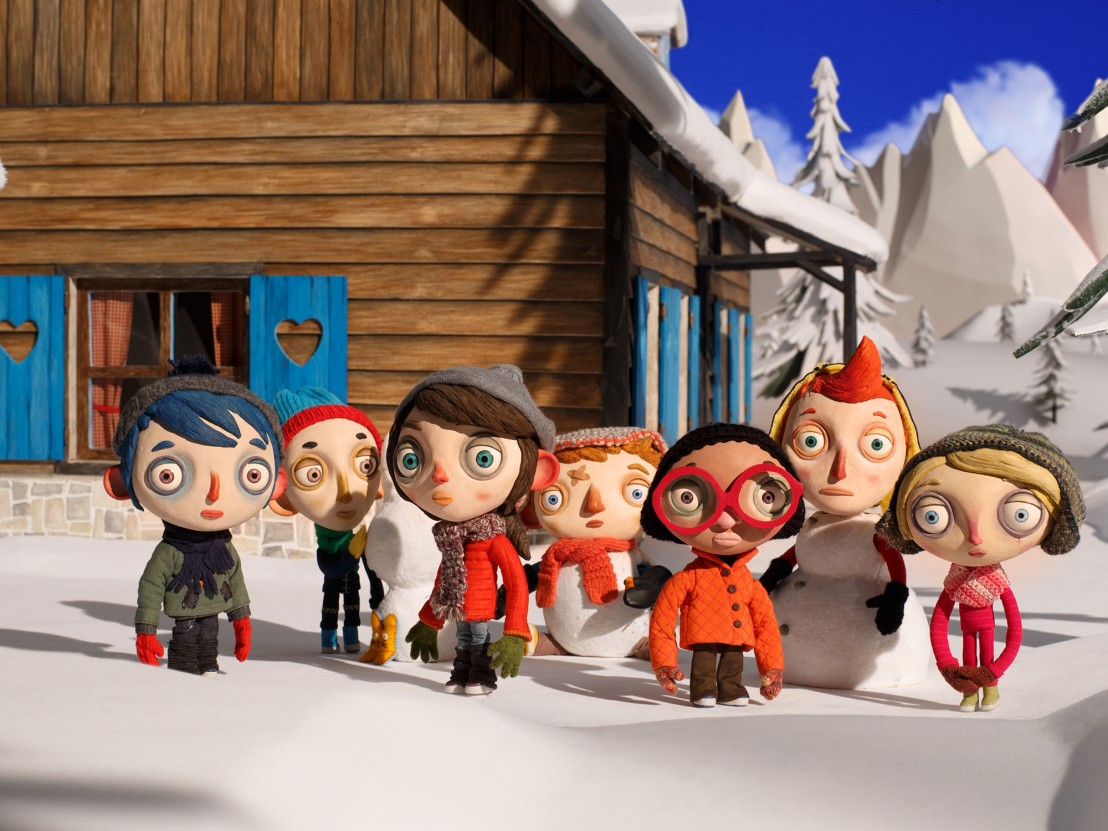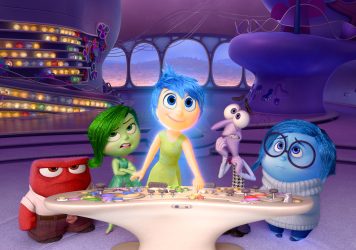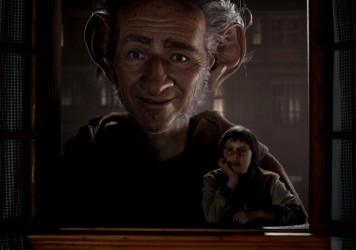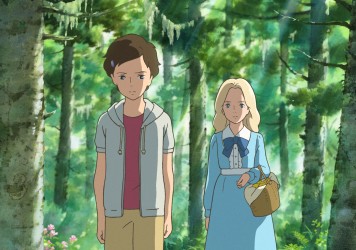
This stunning stop-motion animation set in an orphanage is as witty and insightful as it is quietly shocking.
Watch any standard issue kids film and you’ll quickly notice that behind most of them lies is a rather negative and limiting perception of what cinema and visual art made for children can and should be. Conceived of as cheesy, naive, and aggressively positive-minded, the production consensus seems to be that the art form should anxiously work to shelter children’s innocence from the disappointments and violence of real life.
Precisely because it is set in the world of a real orphanage, this Céline Sciamma-penned claymation inevitably disobeys those principles. Yet My Life as a Courgette remains wholeheartedly a film suitable for children – in the sense that kids could watch and enjoy it – even though so many of its pleasures lie in an appeal to adults and their understanding of pre-teen melancholy. The film engages with difficult and painful topics such as mortality, child abuse, alcoholism and trauma. Yet far from revelling in misery and testing the limits of the bearable, it instead explores the constructive ways kids can deal with the terrible situations thrust upon them.
We follow nine-year-old Icare – nicknamed Courgette – who moves to the orphanage Les Fontaines after accidentally killing his alcoholic, violent mother in self-defence. There he meets several other children, including the redhead Simon, who acts like the ruthless, cruel boss of the place. However, the two boys soon becomes friends when Simon realises that Courgette is not afraid of or impressed by his bullying acts. In a disarmingly moving, low-key scene, Simon matter-of-factly details to Courgette the troubled circumstances of the other orphans, who each respond to their trauma in various ways; Simon is angry, Ahmed wets the bed, Alice is shy. Simon’s bluntness when he tells these stories subtly underlines the fact that these children are not shocked by violence anymore. The film does not dwell on the drama of child abuse itself, but rather with the people living in its shadow.
Although the film does linger on the tragic circumstances of these orphaned children, it crucially does not see this as the end game for them – far from it. The frank manner in which they discuss their past but also love and sex – with their own childish words – is a touching reminder of the unbreakable optimism and energy that still lies, even if sometimes dormant, in children. Surrounded by benevolent adults working in the orphanage, they are taken seriously, and progressively come to feel safe and happy together, gradually shedding their defence mechanisms. Courgette even finds a real friend in the middle-aged cop who brought him to the orphanage and still visits him outside of work hours. The children are not presented as completely, unrealistically “fixed”, however. They still wet their beds or call for their absent of deceased mothers. But they learn to live with their problems, accepting each other’s unusual behaviours without mockery.
Brutally unsentimental in parts, My Life as a Courgette does not pretend that the world is a fair place where everything always turns out to be fine for everybody. Rather this supremely humane and moving film concludes that kindness and courage can help one do the only thing that is truly possible: make the best out of the situation.
Published 16 May 2016

Pixar are firing on all pistons with this wonderful, colour-coded exploration of a child’s inner psyche.

There’s a dash of old-school movie magic in Steven Spielberg’s whizzpopping family fantasy.

See Studio Ghibli’s latest gem ahead of a full retrospective of the cherished Japanese animation house.